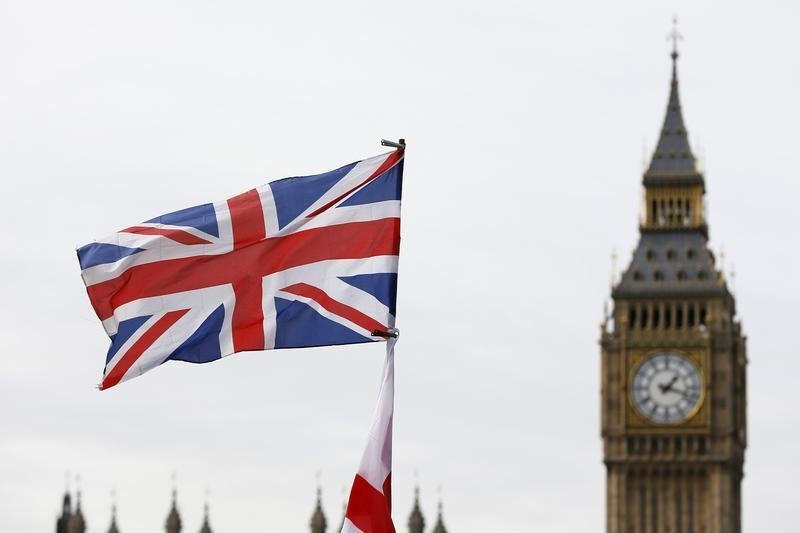(Bloomberg) -- The U.K. economy shrank almost 6% in March as the nation went into lockdown, plunging into what may be its deepest recession in more than three centuries.
The slump meant gross domestic product fell 2% in the first quarter, as restrictions to control the coronavirus heaped misery on an already tepid economy. The damage was done in March, when the the lockdown saw the dominant services industry shrink by 6.2%. Manufacturing contracted 4.6% and construction lost 5.9%.
With all-but essential businesses shuttered, Britain is now almost certainly in a deep recession. The Bank of England expects a strong rebound in 2021 after a 14% slump this year but many analysts regard such a scenario as overly optimistic.
In a sign of the challenges facing the economy, Chancellor of the Exchequer Rishi Sunak on Tuesday extended wage subsidies for furloughed workers until the end of October at a cost of billions of pounds to the public purse. Meanwhile, the Bank of England may need to ease monetary policy further to prop up the economy, Deputy Governor Ben Broadbent said Tuesday.
The economy has now failed to grow for three of the previous four quarters, after months of political and Brexit uncertainty left the U.K. meant the U.K. entered the latest crisis on a weak footing.
Consumer spending, the engine of the economy, fell 1.7% in the first quarter, the largest drop since the financial crisis, while worse might be to come.
Separate reports Wednesday showed consumer spending has collapsed in recent weeks. The British Retail Consortium said its measure of sales fell 19.1% in April from a year earlier -- the worst since records began in 1995 -- while Barclaycard’s own gauge of transactions fell 36.5%.
